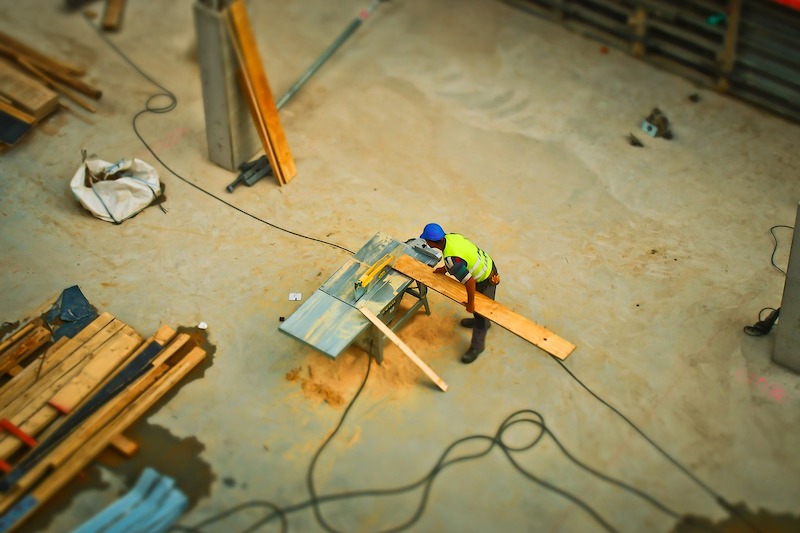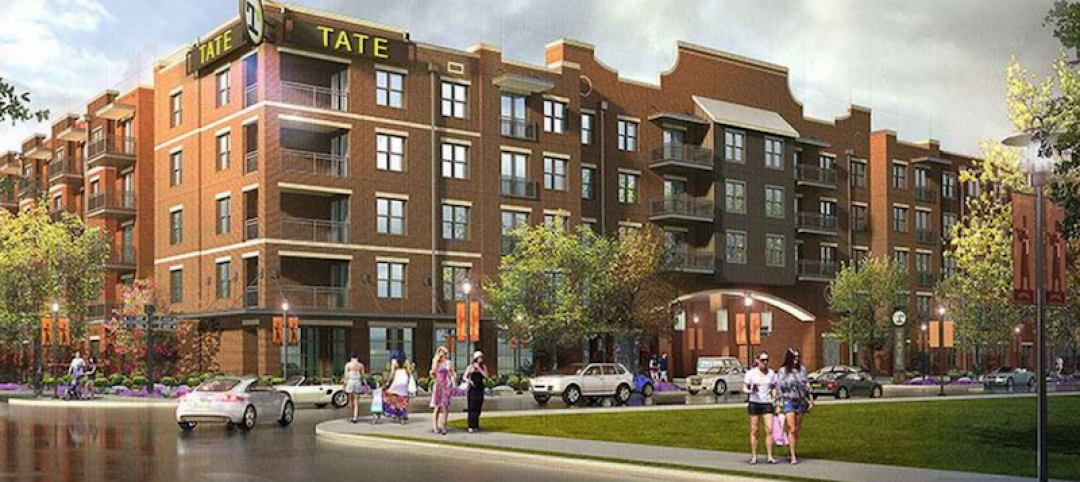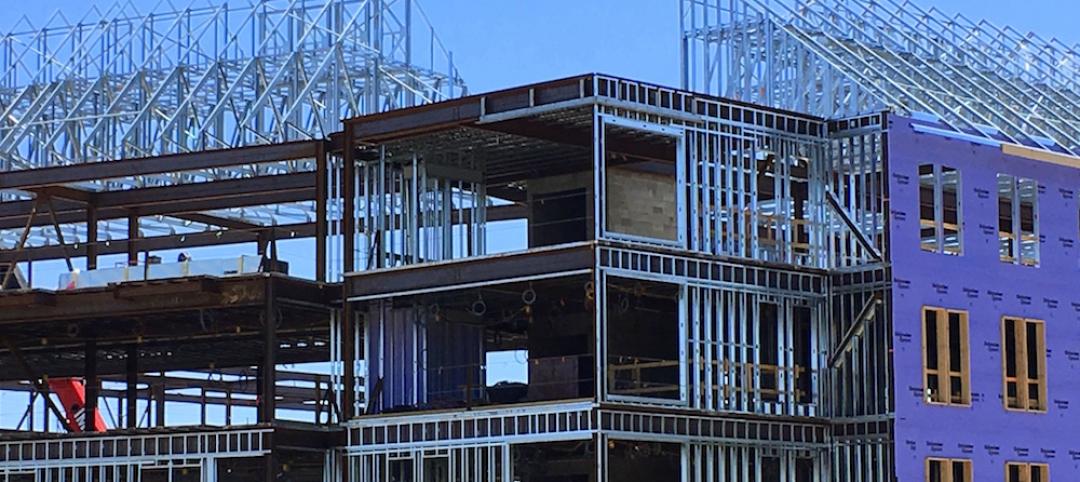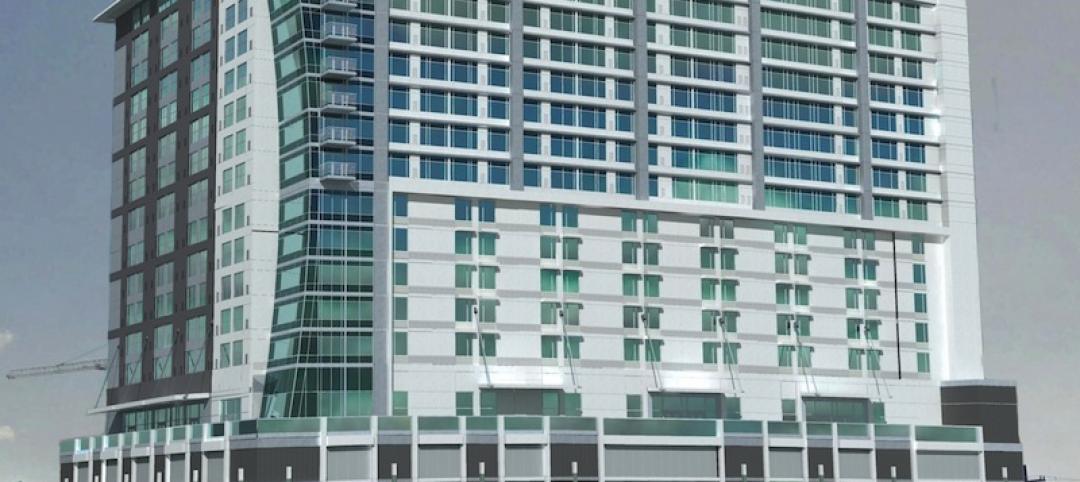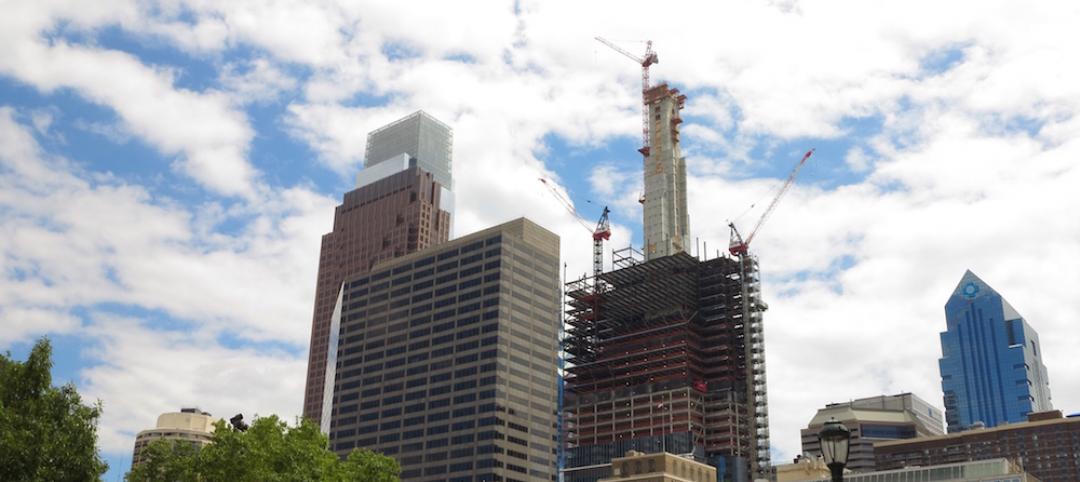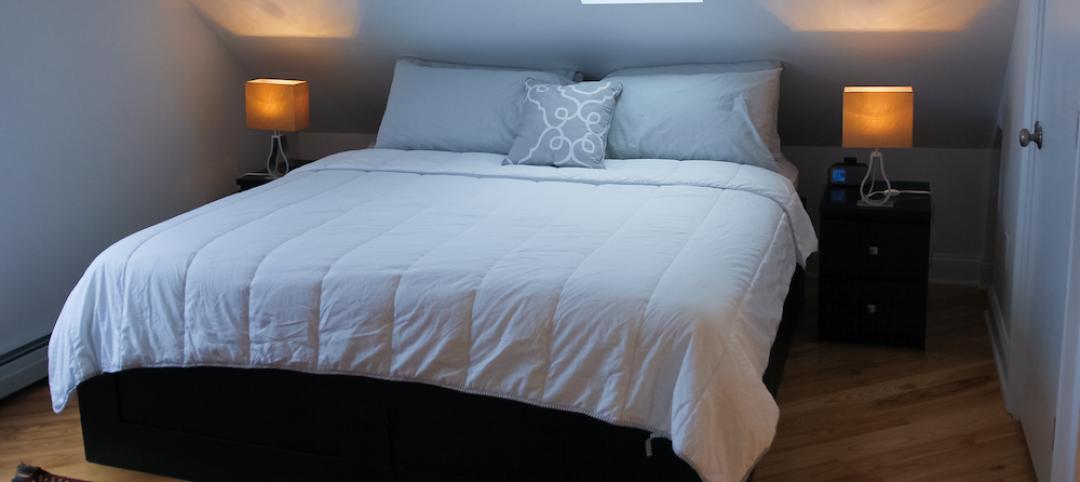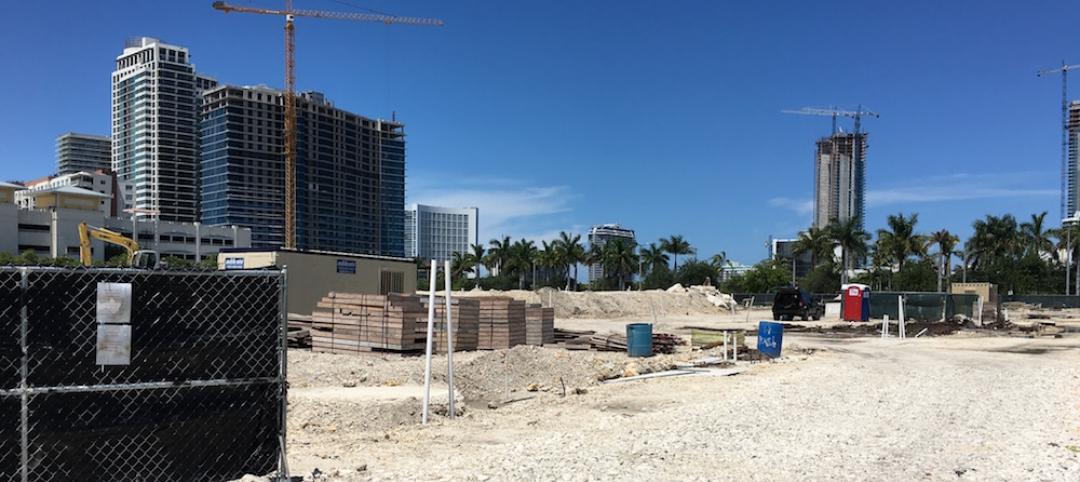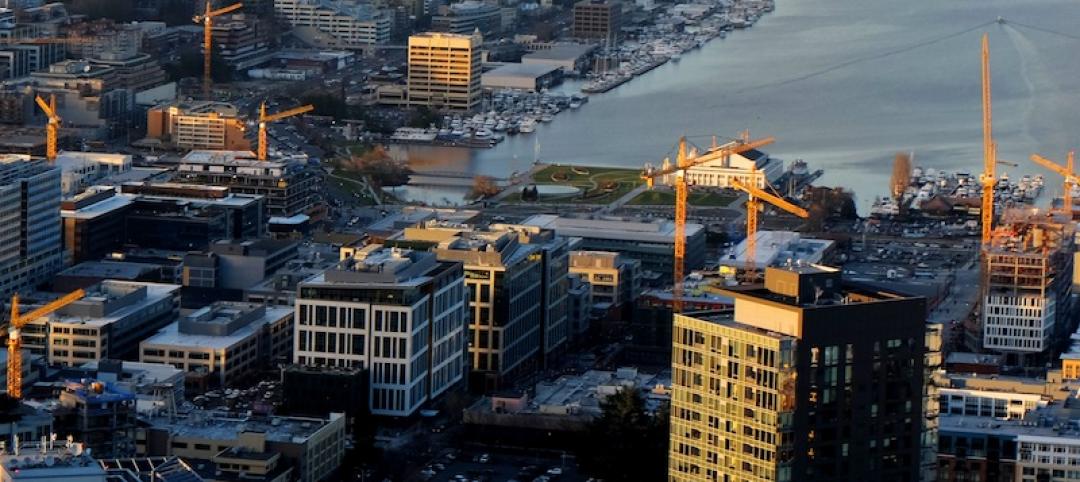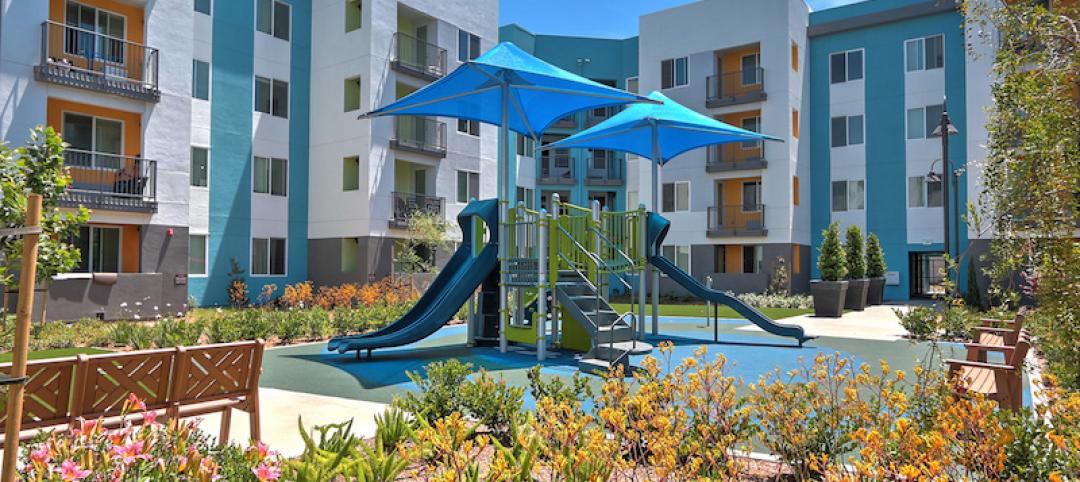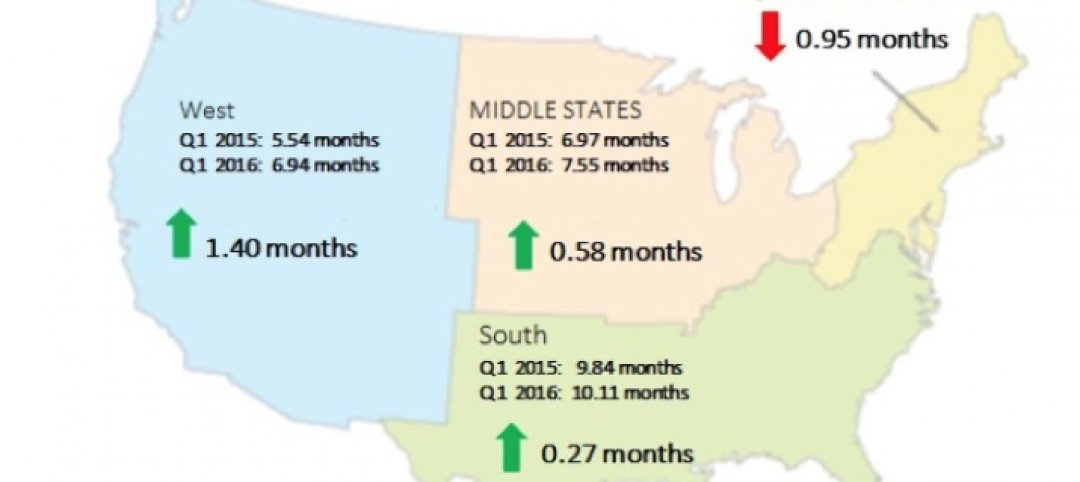A small increase in total construction spending in September masked a widening gap between declines in most nonresidential segments and robust gains in residential construction, according to an analysis by the Associated General Contractors of America of government data released today. Association officials warned nonresidential construction is headed for an even steeper slump unless officials in Washington enact relief promptly, noting that their latest industry survey found three out of four respondents had experienced a postponed or cancelled project since the start of the pandemic.
“The September spending report shows the gulf between housing and nonresidential markets is growing steadily wider,” said Ken Simonson, the association’s chief economist. “In our October survey, 75% of respondents reported a postponed or cancelled project, up from 60% in August and 32% in June.”
Construction spending in September totaled $1.41 trillion at a seasonally adjusted annual rate, an increase of 0.3% from the pace in August and 1.5% higher than in September 2019. Private and public nonresidential spending slumped by a combined 1.6% since August and 4.4% from a year earlier, while private residential spending climbed by 2.8% for the month and 9.9% year-over-year.
Private nonresidential construction spending declined for the third consecutive month, falling 1.5% from August to September, with decreases in nine out of 11 categories. The largest private nonresidential segment, power construction, declined 2.2% for the month. Among the other large private nonresidential project types, commercial construction—comprising retail, warehouse and farm structures—slid 1.9%, manufacturing construction declined 2.1%, and office construction rose 0.3%. Simonson noted that the office figure was likely inflated by inclusion of data centers, a segment that appears to have held up well.
Public construction spending fell 1.7% in September, the fourth monthly decline in a row. The largest public category, highway and street construction, tumbled 5.4% for the month. Among other large public segments, educational construction increased 2.0% for the month, while transportation construction dipped 0.3%.
Private residential construction spending increased for the fourth-straight month, rising 2.8% in September. Single-family homebuilding soared 5.7% for the month, while multifamily construction spending rose 1.2% and residential improvements declined 0.4%.
Association officials noted that the coronavirus was having a significant, negative impact on most commercial construction firms. In addition to widespread project delays and cancellations, the association’s recent survey found most contractors do not expect to expand their headcount during the next 12 months because of the pandemic. Many contractors report they are looking to Washington to enact new infrastructure investments and liability reforms to offset the ongoing impacts of the coronavirus.
“The pandemic is suppressing demand for new office buildings, hotels and shopping centers even while it inspires many people to build bigger homes,” said Stephen E. Sandherr, the association’s chief executive officer. “Without new federal investments in infrastructure and other needed relief measures, commercial firms will have a hard time retaining staff or investing in new equipment and supplies.”
Related Stories
Multifamily Housing | Aug 12, 2016
Apartment completions in largest metros on pace to increase by 50% in 2016
Texas is leading this multifamily construction boom, according to latest RENTCafé estimates.
Market Data | Jul 29, 2016
ABC: Output expands, but nonresidential fixed investment falters
Nonresidential fixed investment fell for a third consecutive quarter, as indicated by Bureau of Economic Analysis data.
Industry Research | Jul 26, 2016
AIA consensus forecast sees construction spending on rise through next year
But several factors could make the industry downshift.
Architects | Jul 20, 2016
AIA: Architecture Billings Index remains on solid footing
The June ABI score was down from May, but the figure was positive for the fifth consecutive month.
Market Data | Jul 7, 2016
Airbnb alleged to worsen housing crunch in New York City
Allegedly removing thousands of housing units from market, driving up rents.
Market Data | Jul 6, 2016
Construction spending falls 0.8% from April to May
The private and public sectors have a combined estimated seasonally adjusted annual rate of $1.14 trillion.
Market Data | Jul 6, 2016
A thriving economy and influx of businesses spur construction in downtown Seattle
Development investment is twice what it was five years ago.
Multifamily Housing | Jul 5, 2016
Apartments continue to shrink, rents continue to rise
Latest survey by RENTCafé tracks size changes in 95 metros.
Multifamily Housing | Jun 22, 2016
Can multifamily construction keep up with projected demand?
The Joint Center for Housing Studies’ latest disection of America’s housing market finds moderate- and low-priced rentals in short supply.
Contractors | Jun 21, 2016
Bigness counts when it comes to construction backlogs
Large companies that can attract talent are better able to commit to more work, according to a national trade group for builders and contractors.


